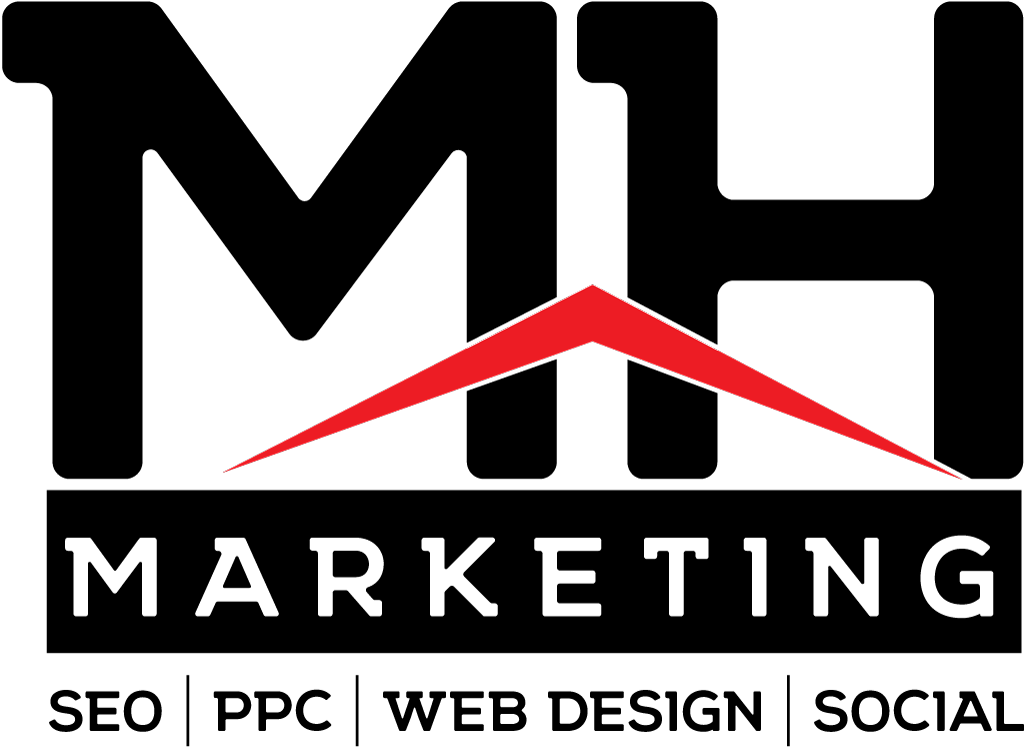Facebook and Google ads make up more than 80% of all online advertising.
Because both of these advertising platforms are great at what they do, the hardest part of figuring out an online marketing strategy is determining whether to use Facebook, Google, or both for your ads.
We've gathered some of our favorite infographics to help you decide what online advertising platform is best for your business.
Google and Facebook have a lot of the same characteristics, but they differ in some areas that might be essential for your business.
Check out these three infographics to get your marketing head on straight and pick the best online advertising platform for you!
We have Facebook “The World's Most Famous Social Platform” in one corner and Google “The Mother of All Search” in the other. Are you ready to rumble?
Round 1: The Basics of Facebook & Google Ads
Facebook and Google go head to head in this infographic. From total reach to ROI, you'll see the essential benefits of both advertising platforms here.

Let's take a closer look as we take a break before Round 2.

Reach is important for any business that is looking to take its advertising online. Google AdWords reaches a little over 2.6 billion people every month, while Facebook ads has only 1.28 billion active users monthly.
You might think Google takes the cake on reach, but did you miss that Facebook has over 1 trillion page views a month? That's a little more than 180 million searches on Google.
Still not sure who will win it all?
*Ding, ding!* It's time for Round 2.
Round 2: How Much Does It Cost?
How much does it cost? This question is one of the most frequently asked of our business. Online advertising, just like traditional advertising, has a budget that can be big or small.
The main difference between online advertising and traditional advertising is that it allows for a further, and more targeted reach, therefore, minimizing your expense on wasted leads if done correctly.
So, how much does it cost?

Google AdWords tends to be a little more expensive, but let's break down the bang for your buck before you go throwing it out the window.

The average cost per click on Google is quite a bit higher than Facebook's ad platform, but this is for a good reason. Google allows you to reach about 90% of all internet users.
Facebook only allows you to reach their users.

Both Facebook and Google have cost per click models, but Facebook keeps their average prices low with their added cost per thousand impressions (CPM) by reducing your cost every time another person views your ad.
Depending on your ad campaign, you may want more clicks over impressions (views), so it's important to keep that in mind before you choose your advertising platform.
*Ding, ding!* Round 3!
Round 3: What Ad Platform is Really Better for You?

There's no need to break this down any further, but so that you understand the whole picture here: Google and Facebook do relatively the same thing with a few minor differences.
If you want to retarget your audience or use a video in your advertisement, Facebook might be better for you.
Google AdWords is great for getting your business in front of online searchers who are looking for your specific product or service.
Time to Go to the Scoring Table: Have you found your winner?
If you haven't found a dominant ad platform, that's okay. The good news is that you can use both Facebook and Google AdWords to build a stronger marketing campaign that allows you to be found in search and social media.
Two is really better than one, but one might be enough to get you started.
Don't fret if you're not sure how to set up an ad account on either of these sites! You can find our How To guides for Facebook & Google AdWords here:
- How to Create a Facebook Ad Account
- How to Create a Google AdWords Account
- How to Create a Facebook Ad Campaign
- How to Create Facebook Ads & Ad Sets

0 comments